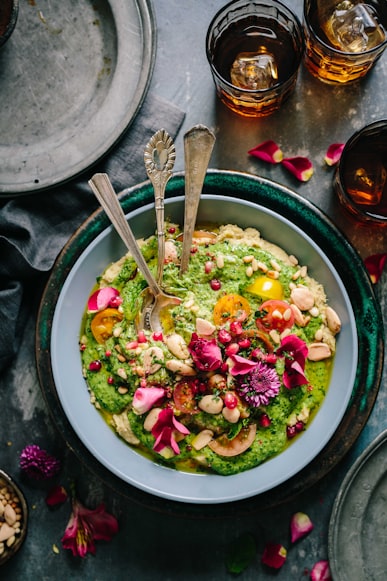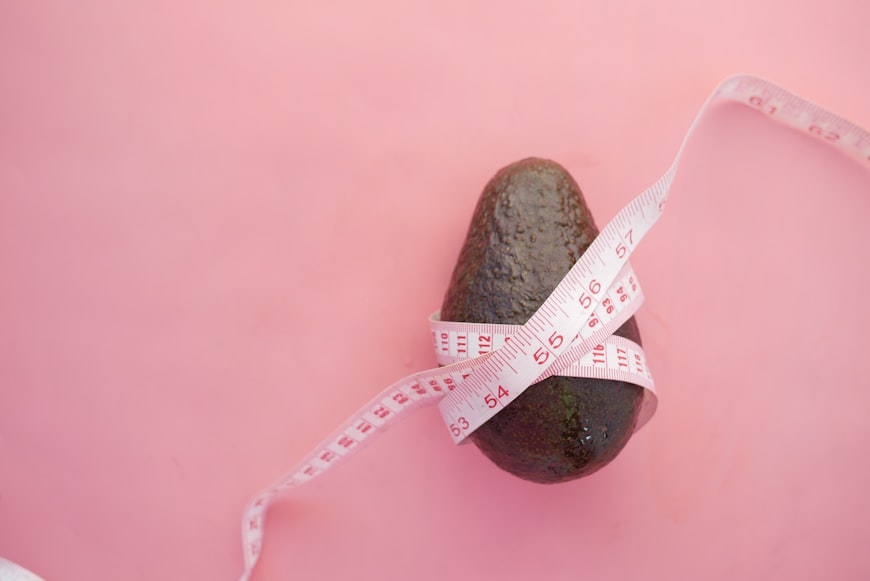III. Selecting the Right Ingredients

When searching for the best cat foods for sensitive stomachs, it’s crucial to focus on specific ingredients that promote digestive health and minimize discomfort.
a. Low-fat Proteins:
High-fat proteins can be difficult for cats with sensitive stomachs to digest, leading to digestive upset. Look for cat foods with low-fat protein sources, such as:
- Chicken
- Turkey
- Fish (e.g., salmon, whitefish)
b. Soluble Fiber:
Soluble fiber helps absorb and retain moisture in the digestive tract, reducing diarrhea and constipation. Choose cat foods that contain sources of soluble fiber, such as:
- Oatmeal
- Brown rice
- Psyllium husk
c. Prebiotics and Probiotics:
Prebiotics are non-digestible fibers that promote the growth of beneficial bacteria in the digestive tract. Probiotics are live microorganisms that directly populate the digestive system, helping to balance the gut microbiome. Both prebiotics and probiotics support digestive health and reduce inflammation, making them essential ingredients for cats with sensitive stomachs.
IV. Avoiding Allergens and Irritants

For cats with sensitive stomachs, avoiding allergens and irritants is crucial for maintaining digestive well-being. Here are some key considerations:
a. Grain-free Options:
Grains, particularly wheat, corn, and soy, are common allergens in cats. Grain-free cat food eliminates these potential triggers, reducing digestive distress.
b. Avoiding Common Allergens:
Other common allergens include dairy products (lactose), beef, and fish. If your cat experiences digestive issues, consider removing these foods from their diet.
c. Limited-ingredient Diets:
Limited-ingredient diets feature a restricted number of ingredients, making it easier to identify and eliminate potential allergens. These diets typically contain a single protein source and a limited number of carbohydrates and fats.
Additional Tips:
- Gradually transition your cat to a new food over 5-7 days to avoid digestive upset.
- Read ingredient lists carefully and check for hidden allergens.
- Monitor your cat’s digestive response to different foods and make adjustments as needed.
- Consider hypoallergenic cat food, which is specially formulated to minimize allergens and irritants.
- Consult with your veterinarian if your cat experiences persistent digestive issues or fails to respond to dietary changes.
V. Therapeutic Diets

For cats with sensitive stomachs, finding the right food can be crucial for their overall health and well-being. In addition to over-the-counter options, veterinary professionals may recommend therapeutic diets to address specific digestive issues.
a. Prescription Diets
Prescription diets are formulated under the guidance of a veterinarian and are specifically designed to meet the nutritional needs of cats with certain health conditions, including sensitive stomachs. These diets are available only through veterinary clinics and are tailored to manage specific gastrointestinal symptoms such as vomiting, diarrhea, and inflammatory bowel disease.
b. Semi-Moist Diets
Semi-moist diets have a higher moisture content than dry or wet food, which can be beneficial for cats with sensitive stomachs. The increased moisture helps to hydrate the digestive tract and may reduce the risk of constipation. Semi-moist diets are typically more palatable and easier to digest than dry food.
c. Hydrolyzed Protein Diets
Hydrolyzed protein diets are specially formulated with proteins that have been broken down into smaller molecules. This makes them easier for cats to digest and reduces the likelihood of allergic reactions or gastrointestinal upset. Hydrolyzed protein diets are often recommended for cats with food allergies or sensitivities.
Benefits of Therapeutic Diets for Sensitive Stomachs:
- Hypoallergenic: Many therapeutic diets contain limited ingredients or hydrolyzed proteins to minimize the risk of allergic reactions.
- Digestible: These diets are designed to be easily digested, reducing the likelihood of stomach upsets and diarrhea.
- Nutrient-rich: Therapeutic diets provide essential nutrients that may be lacking in other foods, ensuring optimal nutrition for cats with sensitive stomachs.
- Controlled ingredients: Prescription and hydrolyzed protein diets have strict ingredient controls to avoid potential triggers for digestive discomfort.
Important Considerations:
- Always consult with a veterinarian before changing your cat’s diet.
- Transition to a new diet gradually over several days to minimize digestive upset.
- Monitor your cat’s response to the new diet and report any changes to your veterinarian.
- Be patient, as it may take some time for your cat’s digestive system to adjust to a new diet.
By providing your cat with a therapeutic diet tailored to their specific needs, you can help manage their sensitive stomach and improve their overall health and well-being.
VIII. Additional Considerations

a. Food Intolerances
- Some cats may exhibit symptoms of a sensitive stomach due to food allergies or intolerances.
- It’s essential to identify the triggering ingredients to avoid them in the future.
- Common food allergens for cats include dairy products, wheat, corn, soy, and some types of fish.
b. Special Needs for Specific Health Conditions
- Cats with certain health conditions may require specialized diets to address their specific nutritional needs.
- For instance, cats with inflammatory bowel disease (IBD) may benefit from a diet high in soluble fiber, while cats with kidney disease may need a diet low in protein and phosphorus.
c. Importance of Consulting with a Veterinarian
- Before making any drastic changes to your cat’s diet, it’s crucial to consult with a veterinarian.
- They can help determine the cause of your cat’s sensitive stomach and recommend the most appropriate diet for their individual needs.
- Regularly monitoring your cat’s health and adjusting their diet as necessary will ensure their long-term well-being.
















